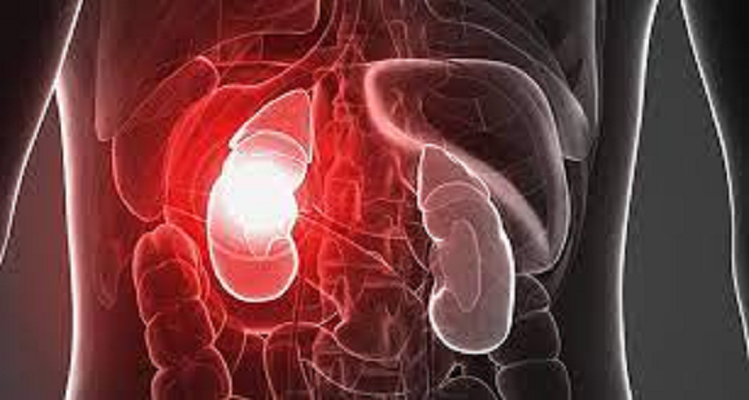Kidney Damage Signs: To stay healthy, all the body parts need to function properly. All the organs present in our body are very important. The kidney is one of these, which performs many important functions in our body. This is very important to stay healthy. However, due to lifestyle changes, our kidneys often start getting damaged, which can lead to many serious conditions. In such a situation, it is important to detect kidney damage in time, so that it can help in preventing any serious situation.

You can identify it by some signs seen inside you. Today in this article, we will tell you about some of the signs seen in your urine at night, which can be a sign of kidney damage.
Change in urine color
If you notice a sudden change in the color of your urine, it means that your kidneys are not functioning properly. Generally, urine appears dark in color due to kidney failure. Sometimes it can also be a sign of kidney infection or kidney stones.
Bad smell from urine
If your urine smells bad, it is also a sign that there is something wrong with your kidneys. This could be a sign of kidney damage or infection, which should not be ignored at all. This smell may also vary from person to person. Therefore, it is important that you understand your body and do not ignore it at all.
Frequent urge to urinate
If your kidneys are failing, you may feel the urge to urinate frequently. When your kidneys start failing, your body becomes unable to control urination. This may be a sign that your kidneys are not filtering your blood properly, causing a buildup of waste products in your body.
Foaming urine

The most important sign of kidney failure is the appearance of foam in the urine. Foam in the urine may be a sign that your body is releasing essential proteins with urine. Normally protein is not present in urine, but if this is happening, it means your kidneys are in danger.
Disclaimer: The advice and suggestions mentioned in the article are for general information purposes only and should not be taken as professional medical advice. If you have any questions or concerns, always consult your doctor.
Picture Courtesy: Google










